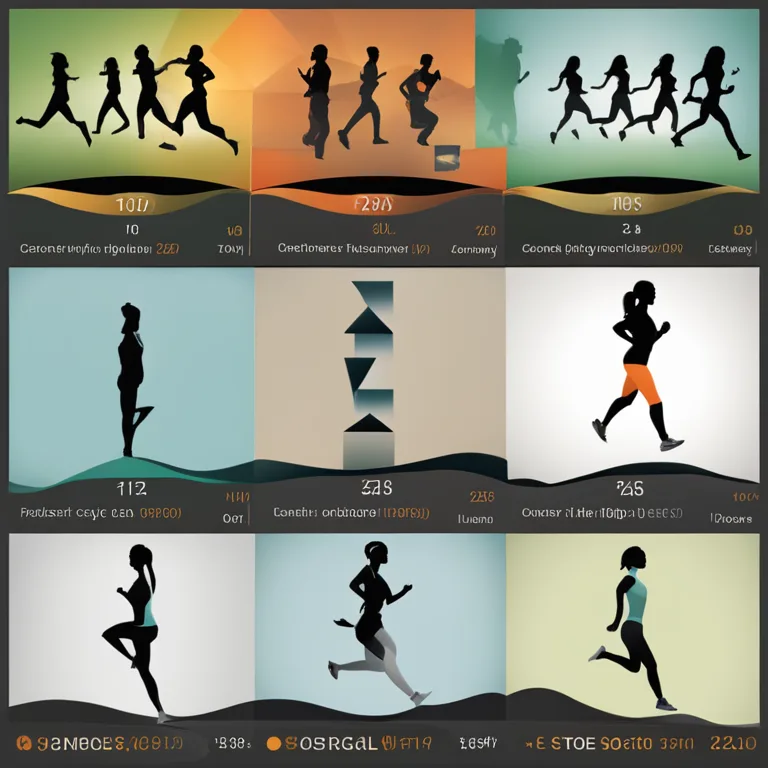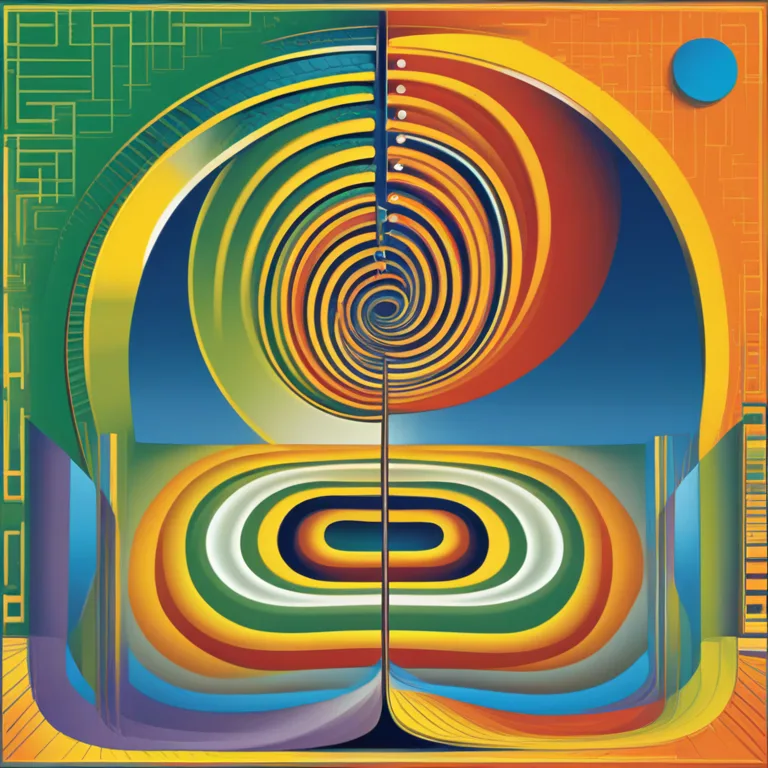
The Mechanics of Biorhythms: Body’s Rhythmic Cycles
Delve into the intricacies of biorhythms to comprehend how our bodies' natural cycles influence our physical, emotional, and intellectual well-being.
article by Adrian Wallace
Introduction to Biorhythms
Biorhythms are a complex concept conceived to map out the various cycles our bodies undergo, theorized to regulate our physical, emotional, and intellectual states. Since the concept's inception in the late 19th century, biorhythm theory has suggested that our daily lives are significantly influenced by these rhythmic cycles. Although the scientific consensus on biorhythms is mixed, with many experts considering them pseudoscience, the belief in their influence persists among enthusiasts, especially in the realm of holistic and alternative lifestyles as we move into 2024 and beyond.

Physical Biorhythm Cycle
The physical biorhythm, which operates on a 23-day cycle, is associated with one's vitality, strength, and overall physical condition. Proponents claim that when the curve of this cycle is in a high phase, individuals may experience enhanced endurance and coordination, whereas a low phase might correspond with physical sluggishness and increased susceptibility to illness or injury. Despite the lack of empirical evidence supporting these claims, some adhere to this cycle's patterns for scheduling activities that require physical exertion or stamina.

Emotional Biorhythm Cycle
Parallel to the physical is the emotional biorhythm, unfolding over a 28-day span. This cycle purportedly dictates our emotional dynamics, swinging from positive to negative over a set period. High points might manifest in feelings of happiness and harmony, while the lows could plunge an individual into emotional distress or moodiness. The cycle’s phases are said to have implications for personal relationships and emotional resilience, though scientific proof of this remains elusive.

Intellectual Biorhythm Cycle
The intellectual biorhythm, marked by a 33-day cycle, is believed to influence cognitive functions such as analysis, logic, and memory. During upward trends, individuals may notice heightened mental clarity and problem-solving abilities, while downward movements could potentially lead to a lack of concentration or poor decision-making. Those who follow biorhythm theory may use this rhythm to schedule mentally demanding tasks or learning new skills, despite the skepticism from the scientific community.

Interpreting Biorhythm Charts
To track these biorhythms, enthusiasts often rely on biorhythm charts, which depict the cycles as sinusoidal waves begun from the date of birth. These charts are now easily accessible with various applications and websites tailored for 2024's tech-savvy individuals. While users should approach biorhythm-generated advice with caution given their non-scientific foundation, such tools continue to fascinate those interested in personal growth and wellness.
Critical Days and Adaptation
Critical days, occurring when a biorhythm cycle crosses the zero or baseline, supposedly mark phases of change and instability. During these transitional periods, it’s advised by biorhythm enthusiasts to exercise caution and mindfulness due to presumed higher risk of accidents, mistakes, or emotional upheaval. However, the adaptability of the human body and mind is remarkable, leading many to question the genuine impact of these theoretical critical days on daily functioning.
Final Thoughts on Biorhythms
As we continue to seek a deeper understanding of ourselves within a technologically advanced world, the curiosity surrounding biorhythms as a potential guide to personal well-being persists, despite their controversial standing in the scientific field. While concrete evidence remains absent, the fascination with rhythm and cyclical patterns in our lives undeniably holds a place in contemporary culture, especially among those drawn to holistic health practices.
Published: 12/28/2023
Modified: 12/28/2023
More predictions
Come back here soon to learn more about yourself and your future


Exploring Human Biorhythmic Cycles
Explore the fascinating concept of biorhythms and their influence on physical, emotional, and intellectual faculties in humans.


Biorhythms In Humans Explored
Exploring the concept of biorhythms and their influence on human behavior and physical states.


Biorhythm Theory: Fact Or Fallacy?
Explore the fascinating concept of biorhythms to discern if there's any scientific accuracy behind this popular belief.